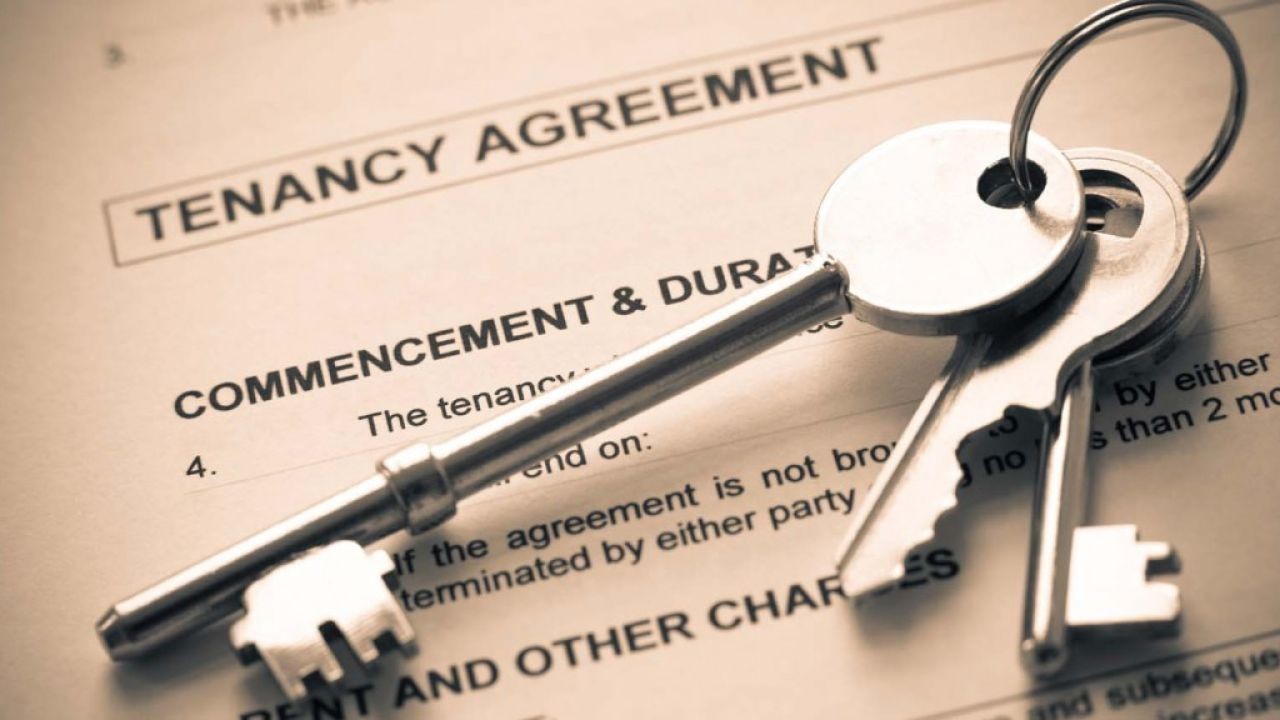The New Zealand real estate market has long been a beacon for investors seeking significant returns. However, the allure of high returns can sometimes overshadow the risks involved, particularly the dangers of overleveraging. In a country where property prices have surged by over 27% in recent years (Stats NZ, 2024), understanding the nuances of financial leverage has never been more critical. This article delves into the risks of overleveraging in real estate, providing insights tailored for environmental researchers, with a focus on New Zealand's unique economic landscape.
Understanding Overleveraging: The Basics
Overleveraging occurs when investors use excessive debt to finance real estate investments, hoping that the property's appreciation will outpace the interest on their loans. While leverage can amplify returns, it can also magnify losses, particularly if property values decline or if rental income fails to cover mortgage obligations.
Why Overleveraging Matters in New Zealand
The New Zealand real estate market is characterized by high property prices and a strong demand for housing, driven by population growth and limited supply. According to the Reserve Bank of New Zealand, household debt levels have reached record highs, with a significant portion attributed to real estate investments. As environmental researchers, it's crucial to understand how these financial dynamics interact with sustainability goals and urban planning initiatives.
Case Study: Auckland's housing market
Problem: Auckland, New Zealand's largest city, experienced a housing boom that saw prices skyrocket. Investors flocked to the market, often using significant leverage to purchase properties.
Action: Many investors relied on short-term loans with low-interest rates, betting on continued price appreciation. However, when the market stabilized, rental yields were insufficient to cover mortgage payments, leading to financial strain.
Result: A number of investors faced foreclosure, and the market saw a wave of forced sales that temporarily depressed prices.
Takeaway: The Auckland case illustrates the perils of assuming perpetual growth in property values. Investors must balance leverage with realistic market assessments and sustainable practices.
Environmental Implications of Overleveraging
From an environmental research perspective, overleveraging can have significant implications. Rapid property development fueled by leveraged investments often leads to unsustainable urban expansion, putting pressure on natural resources and ecosystems. In New Zealand, where conservation is a key priority, understanding the balance between development and environmental stewardship is crucial.
Expert Insight: Dr. Emily Clarke, Environmental Economist
"Overleveraging not only poses financial risks but also environmental challenges. The rush to develop can lead to habitat destruction and increased carbon emissions. Sustainable investment strategies are essential to safeguard New Zealand's natural heritage."
Data-Driven Analysis: The Numbers Behind the Risks
- Household Debt: New Zealand's household debt-to-income ratio is one of the highest among OECD countries, driven largely by real estate investments (Reserve Bank of NZ).
- Property Prices: A 27% rise in prices since 2020 has raised affordability concerns, with potential for market corrections (Stats NZ, 2024).
- Interest Rates: Recent hikes in interest rates have increased mortgage burdens for highly leveraged investors (MBIE Reports, 2023).
- Environmental Impact: Overdevelopment in areas like Auckland can lead to significant ecological disruption, affecting biodiversity and climate resilience.
Pros and Cons of Leveraging
Pros
- Potential for High Returns: Leveraging allows investors to control more property with less capital, potentially leading to higher returns.
- Tax Benefits: Interest payments on loans can often be tax-deductible, improving cash flow.
- Inflation Hedge: Real estate can provide a hedge against inflation, preserving purchasing power.
Cons
- Increased Risk: High leverage can lead to significant losses if property values fall or rental income declines.
- Cash Flow Pressure: Debt obligations can strain cash flow, particularly during economic downturns.
- Environmental Concerns: Overdevelopment can exacerbate environmental degradation, contrary to sustainability goals.
Common Myths & Mistakes
Myth #1: Property Prices Always Increase
Reality: Property markets can experience downturns. Historical data shows that over-reliance on perpetual growth can lead to financial distress.
Myth #2: Leverage Equals Wealth
Reality: While leverage can amplify gains, it also increases risk. Prudent financial management is key.
Myth #3: Environmental Concerns Are Secondary
Reality: Sustainable practices are increasingly crucial as regulatory frameworks tighten and consumer preferences shift towards eco-friendly developments.
Step-by-Step Guide to Responsible Leveraging
- Conduct Thorough Market Research: Understand local market dynamics and potential risks.
- Assess Financial Capacity: Evaluate your ability to service debt under different economic scenarios.
- Consider Environmental Impact: Factor sustainability into investment decisions to align with regulatory and consumer trends.
- Seek Professional Advice: Consult with financial advisors and environmental experts to ensure a balanced approach.
- Implement Risk Management Strategies: Diversify investments and maintain a buffer to protect against market volatility.
Future Trends & Predictions
As New Zealand continues to prioritize sustainability, the real estate market will likely see a shift towards eco-friendly developments. According to a report by PwC, by 2028, sustainable building practices will become mainstream, driven by regulatory pressures and consumer demand. Investors who integrate environmental considerations into their strategies will be better positioned to capitalize on these emerging trends.
Conclusion & Call to Action
Overleveraging in real estate investing carries significant risks, both financially and environmentally. By understanding these risks and adopting responsible investment practices, you can safeguard your portfolio and contribute to New Zealand's sustainable future. Are you prepared to navigate the complexities of the real estate market? Share your thoughts and strategies below!
People Also Ask (FAQ)
How does overleveraging impact the New Zealand economy? Overleveraging can lead to increased financial instability and market corrections, impacting economic growth and sustainability goals.
What are the best strategies for sustainable real estate investing? Experts recommend integrating environmental considerations, conducting thorough market research, and diversifying investments to mitigate risk.
Related Search Queries
- Real estate investing in New Zealand
- Environmental impact of property development
- Sustainable real estate strategies
- New Zealand property market trends
- Leveraging risks in real estate
- Financial planning for real estate investors
- Eco-friendly property development in NZ
- Sustainability in New Zealand housing market
- Future of real estate in New Zealand
- Investment strategies for New Zealand properties




































AvrilMourr
6 months ago